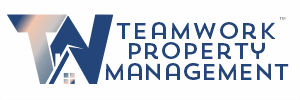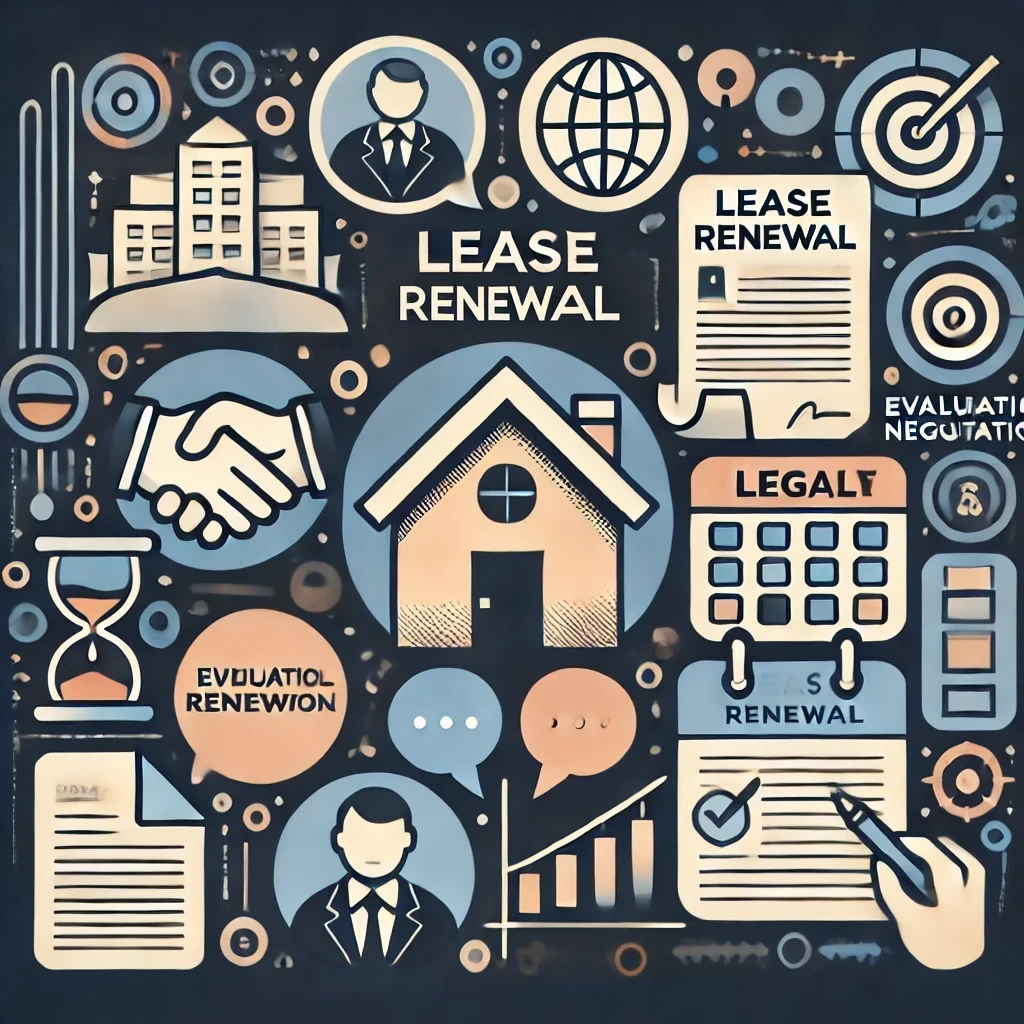Deciding whether to renew a lease is a significant time for both landlords and tenants. For tenants, it’s an opportunity to reaffirm their commitment to their current living situation. For landlords, it’s a chance to assess the rental property’s performance and determine the best course of action for the future.
Renewal Evaluation: Before making a decision to renew a lease, both landlords and tenants should conduct a thorough evaluation of their current situation. For tenants, this may involve considering factors such as job stability, future plans, and overall satisfaction with the rental property. Landlords, on the other hand, should assess the tenant’s payment history, adherence to lease terms, and any maintenance or repair issues that have arisen during the lease term.
- Review of Late Payments or Lease Violations: One crucial aspect of the renewal evaluation process is reviewing the tenant’s payment history and compliance with lease terms. Landlords should assess whether the tenant has consistently paid rent on time and adhered to other lease obligations, such as maintaining the property in good condition and abiding by rules regarding noise or occupancy limits.
- Perform a Current Rental Analysis: Another essential step in the renewal process is performing a current rental analysis to determine the appropriate rent rate for the upcoming lease term. Landlords should consider factors such as market trends, comparable rental properties in the area, and any upgrades or improvements made to the rental property since the last lease agreement. By conducting a thorough rental analysis, landlords can ensure that the rent rate remains competitive while also reflecting the property’s value and that of the current tenant.
- Communication and Negotiation: Once both parties have completed their evaluations and assessments, open and transparent communication is key. Tenants should express their intentions regarding lease renewal to the landlord in a timely manner, allowing for sufficient time to negotiate terms if necessary. Landlords, in turn, should be receptive to tenant feedback and concerns, and be willing to discuss any proposed changes to the lease agreement, such as rent adjustments or lease term extensions.
- Documentation and Renewal Agreement: After reaching an agreement on lease renewal terms, it’s essential to document the details in a formal renewal agreement. The renewal agreement should outline key terms such as the renewal lease term, rent amount, and any other agreed-upon provisions. Both parties should carefully review the renewal agreement before signing to ensure that their rights and obligations are clearly defined and understood.
Once a landlord has gathered all the documentation for consideration, one must also consider the cost to “turnover” the property. This can include vacancy loss, maintenance, and advertising costs. Once a landlord has made their decision, they must ensure that are adhering to state or local legislation when providing notice of non-renewal or rent increases.

